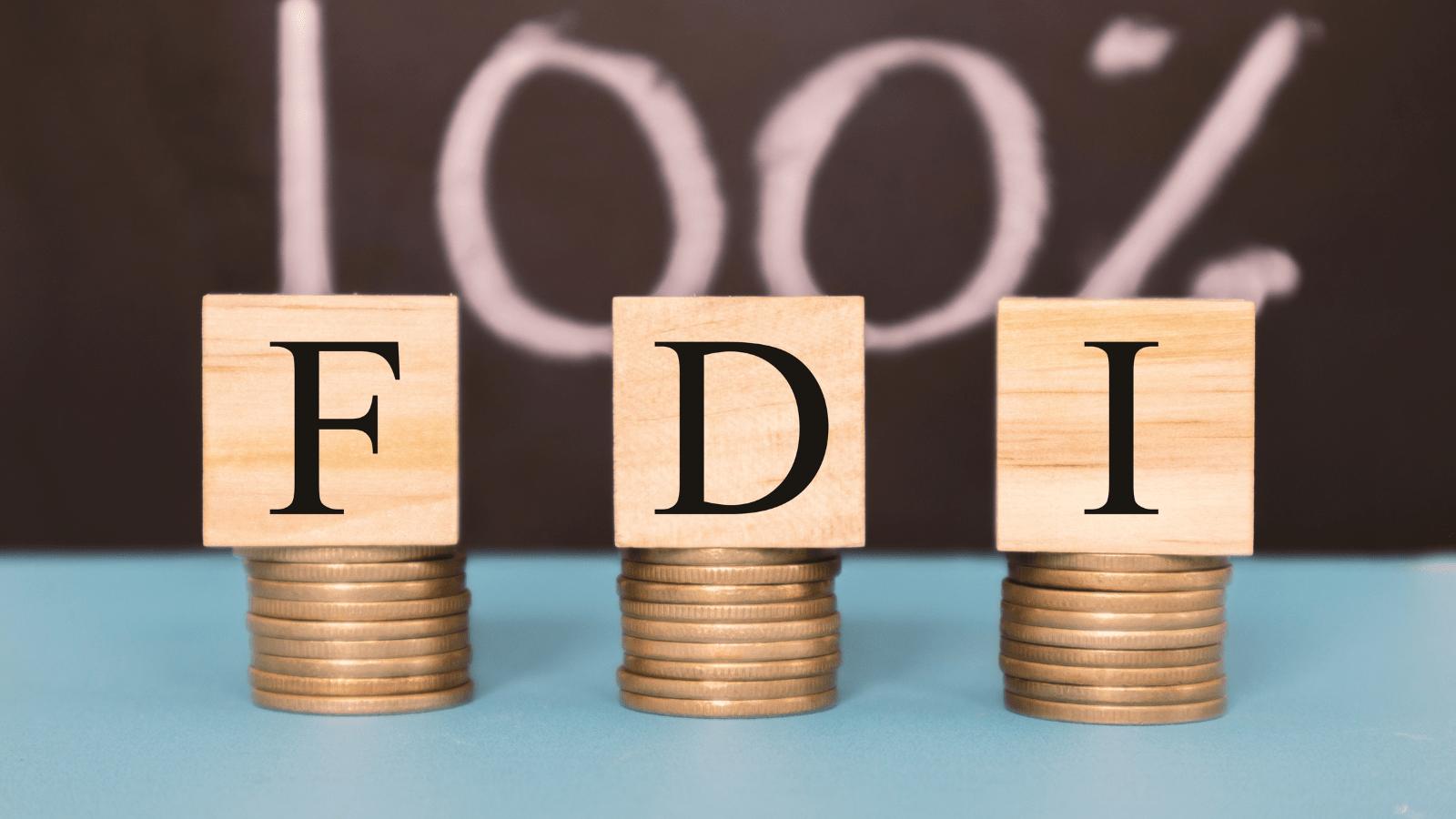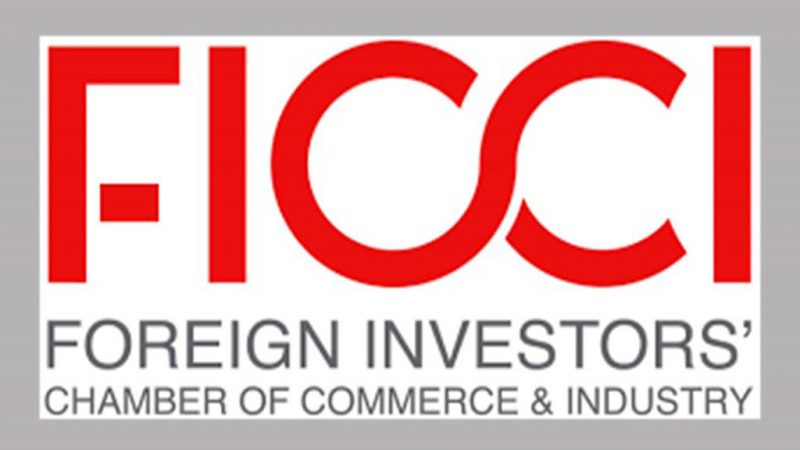Energy deficit, regulatory barriers deter FDI: experts

Bangladesh is facing a plethora of challenges, including energy constraints, logistical issues and regulatory complexity, which causes the nation to lag behind its peers in terms of attracting foreign direct investment (FDI), according to stakeholders.
“The interim government has very limited time to implement necessary reforms and attract FDI, including Japanese investment,” said Iwama Kiminori, ambassador of Japan to Bangladesh.
“It needs rapid and pro-active initiatives to make the country more competitive than neighbouring nations and East Asian countries as a lucrative destination for foreign investment,” he added while addressing a seminar, titled “Japan-Bangladesh Collaboration: Enhancing FDI & Economic Partnership”.
The event was organised by the Foreign Investors’ Chamber of Commerce and Industry (FICCI) in collaboration with the Japan External Trade Organization (JETRO), Japan Chamber of Commerce and Industry Association in Dhaka (JCIAD), and HSBC Bangladesh at the Sheraton Dhaka yesterday.
“I have heard of many good attempts that have been taken by the interim government through good proposals. But we must ask the government to implement whatever they can during their limited tenure,” he said.
According to Kiminori, the interim government does not have the luxury of time when it comes to formulating and implementing reform proposals.
The ambassador also pledged that Japan would stand beside the country and provide support for necessary reforms.
Lutfey Siddiqi, special envoy on international affairs to the chief advisor, said the country has been fighting inflation for a long while, which has posed a challenge for foreign investors.
However, he expressed optimism about attracting FDI, saying they were working to create a conducive environment for investment.
Ashik Chowdhury, executive chairman of both the Bangladesh Investment Development Authority and Bangladesh Economic Zones Authority, said many points must be addressed to attract FDI, including quality of public services, lack of industry consultation or coordination, policy continuity, and access to resources.
BIDA is focusing on these issues in order to create a proper environment to attract FDI, he said.
“This seminar is a landmark event that underscores the deep economic ties and potential between our two nations. This partnership is pivotal for fostering greater FDI and economic growth,” said Zaved Akhtar, president of FICCI.
“By working together, we can create a robust and forward-looking economic cooperation model that will benefit both Japan and Bangladesh.”
Atsushi Hirakuru, president of the JCIAD, said collaborative efforts reflect their shared commitment to fostering sustainable economic growth.
Yuji Ando, country representative of JETRO Bangladesh, shed light on the growing interest among Japanese SMEs in expanding their businesses to Bangladesh.
He shared a report that said 45.5 percent of SMEs in Japan plan to expand operations within the next 1-2 years, with Bangladesh emerging as a top destination, chosen by 61.2 percent.
However, Ando also highlighted significant challenges, such as dissatisfaction with the business environment, which 70.8 percent of respondents believed is an area that needs improvement.
Ando emphasised the need to address issues such as customs clearance procedures, lack of transparency across the board, and local procurement practices.
Additionally, he noted that production costs in Bangladesh were competitive and around 60 percent lower than in Japan.
Ichiguchi Tomohide, chief representative of JICA Bangladesh, outlined ongoing projects such as the “Multi-layered Connectivity in the Bay of Bengal (MIDI)”, which he identified as pivotal for enhancing Bangladesh’s investment climate.
Ichiguchi said that JICA’s efforts are focused on diversifying industries and improving institutional frameworks, particularly in terms of permissions, regulations, and logistics.
He underlined the significant role of infrastructure projects, such as the Matarbari deep sea port, in reshaping Bangladesh’s manufacturing and logistics sectors.
The seminar also featured a vibrant panel discussion moderated by Hiroshi Uegaki, country representative of Mitsubishi Corporation.
Tareq Rafi Bhuiyan (Jun), president of JBCCI, Mohammad Shariful Alam, country manager of Mitsui & Co Asia Pacific, Manabu Sugawara, director of FICCI and general manager of Marubeni Corporation, and Gintautas Dirgela, director of corporate affairs and communications at JTI, spoke as panellists.
Source: The Daily Star | 27 November 2024







